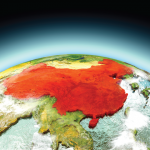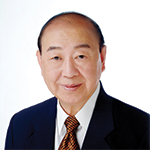ACR Secretary Joseph Flood, MD, a rheumatologist at Musculoskeletal Medical Specialists Inc. in Columbus, Ohio, hosted a visiting rheumatologist from the Ukraine several years ago and stresses that learning was not one-sided. He says he learned as much as she did.
“I think she was able to learn a lot about our diagnostic and therapeutic approaches and to return to the Ukraine with a deeper understanding of rheumatology and the luxuries of living and working in a wealthy country,” Dr. Flood says. “She was amazed and envious of the various medications we had available to treat rheumatoid arthritis. Many of them are simply not available to her patients at home. Even methotrexate was a bit exotic for her at the time.”
In return, he learned about practicing medicine in the Ukraine. “I think it is valuable to know how our colleagues around the world practice,” he says. “It is also very important for individuals from different cultures to know one another as individuals. Such friendships help bridge great gulfs of stereotype and misunderstanding.”
ACR President David G. Borenstein, MD, a rheumatologist at Arthritis and Rheumatism Associates and clinical professor of medicine in the division of rheumatology at the George Washington University Medical Center in Washington, D.C., agreed. “Educating rheumatologists is a conversation,” he says. “It is a give-and-take process where you teach and learn.” And the ACR has a long history of helping its members foster that conversation, he says.


